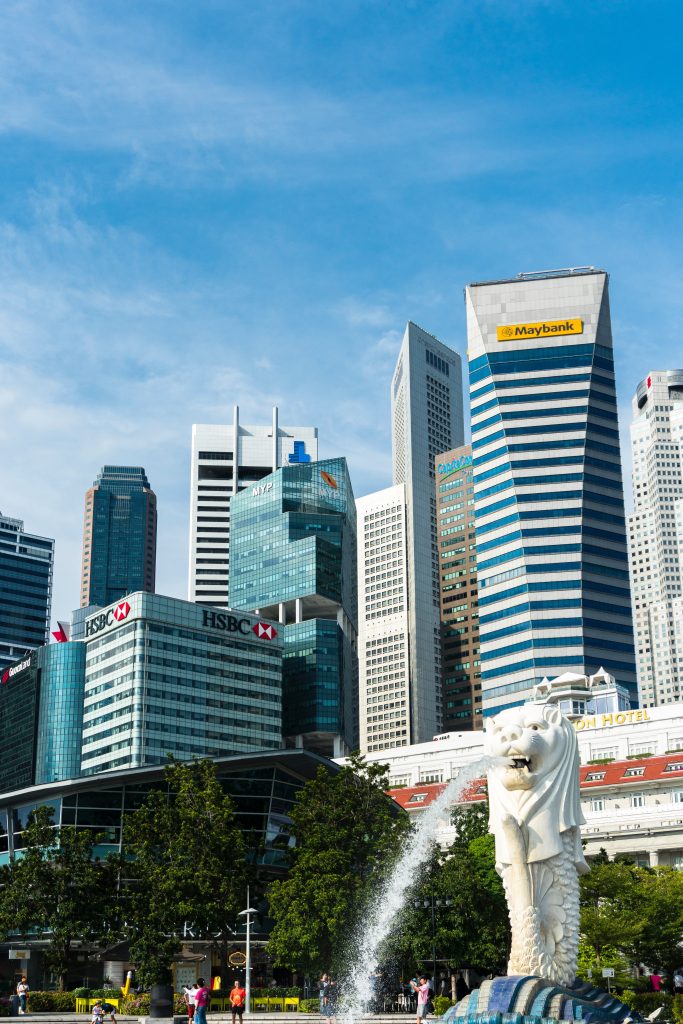
According to Great Expectations: Making Hybrid Work Work by Microsoft, 60% of managers in Singapore say leadership at their company is out of touch with employee expectations, while 78% say they do not have the influence or resources to drive change for their team.
The second annual Work Trend Index report analysed labour trends from its study of 31,000 people in 31 countries. The study also noted that Singapore managers feel wedged between leadership and employee expectations. This is most evident when it comes to the ways in which leaders are expecting Singaporean teams to work.
More than half of business leaders (51%) in Singapore plan on resuming full-time in-person work but their employees feel otherwise. More than 53% of workers are considering a switch to remote or hybrid ways of work. As a result, the differences in expectations left managers feeling like they do not have the power to drive change in their team.
However, there may be an underlying reason that is driving Singapore’s business leaders to want to return to the office full-time. Leaders responded that the biggest challenge to hybrid and remote working is relationship-building. This directive is seemingly being lost in translation as around four in ten employees fail to understand when or why they need to return to the office as only three in ten leaders have created team agreements to define these new norms.
Lee Hui Li, Managing Director, Microsoft Singapore shared, “The past two years prompted many of us to review our priorities and how we navigate work, especially when flexibility and well-being become non-negotiables for our people. Today, we are not the same people who went home to work in early 2020. Hence, leaders must embrace these new expectations with the right tools and reciprocal policies in place, so they can set their people and their business up for long-term success, as they build a resilient, digitally inclusive economy.”






